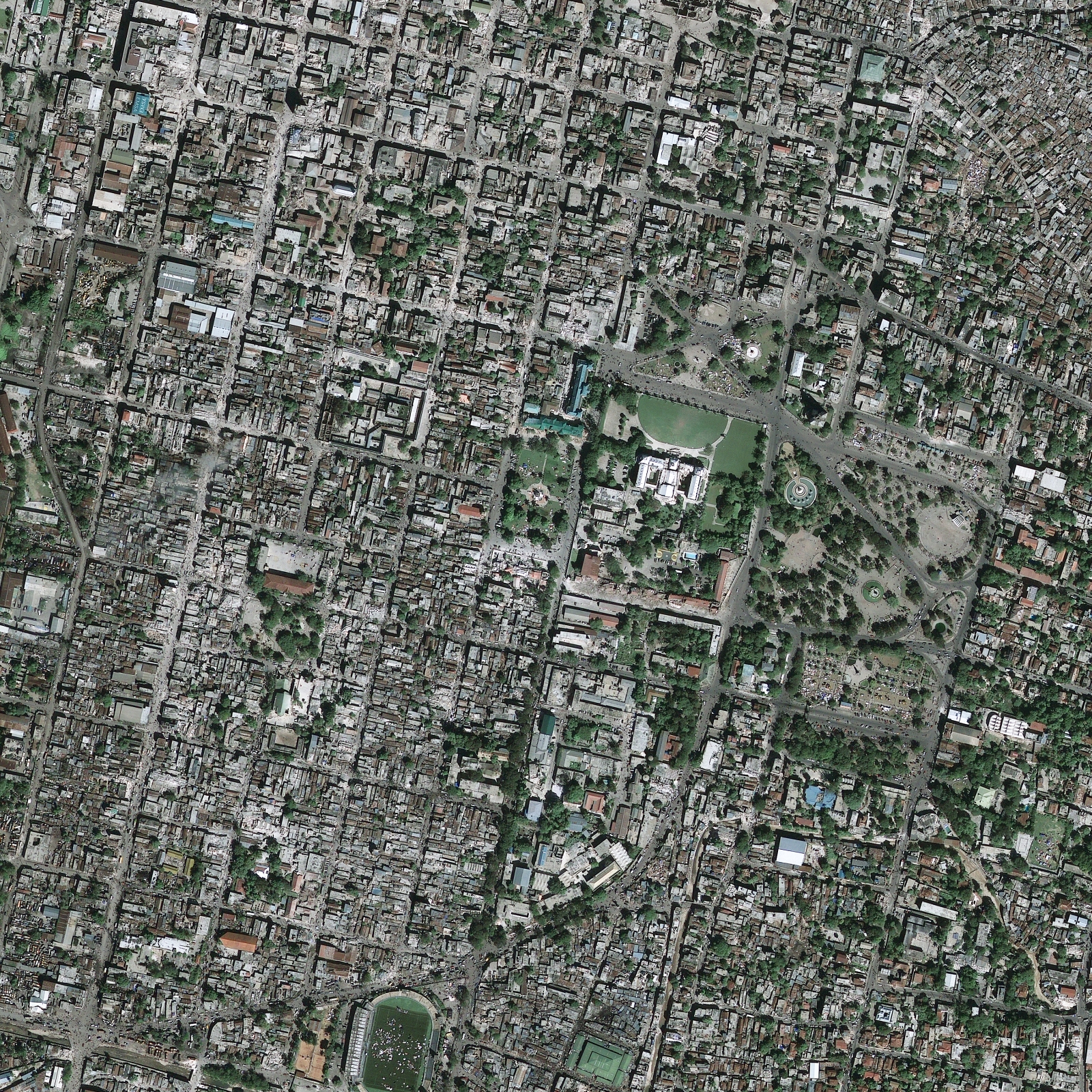 |
| Can living here, or there have an impact? |
Our environment consists of a few components, some of those components are our family, neighborhood, and knowledge. While looking at these and their impact on our health (namely obesity) we can discern that how our family eats, we'll eat, how our family views physical activity we more than likely will follow suit, and how our family's genetics (which we will talk about later), and health history are, ours will probably be similar. We can also derive from our neighborhood how our community is structured (adequate lighting, sidewalks, crime, etc.), and where we are located in regards to green spaces and accessibility to healthy foods. Our knowledge (I think) is the most significant subsection we're discussing under environment of all. With knowledge we find that our cognitive abilities are the most pliant of all the three. With more knowledge, we can make better decisions, with better knowledge we can change our lives; so knowledge is key to impacting how we define our health, access health and incorporate health into our lives.
Our environment is more than the grid or the street we live on, it's all encompassing, more so than some have given thought to. The late Maya Angelou once said, "When you know better, you do better", and I feel that speaks to the section of our environment that focuses on our knowledge. It can also touch on how those of us responsible for communities can do better as well. Our environment of course also included air quality, and clean water, etc., respectively, so those aspects included, the three components we've touched on should be our starting point to looking at reverse engineering obesity in the environment.
Our environment is one part of a larger whole, however, it is important and imperative to look at all aspects and target the ones we have the most impact on first, As health professionals we must always look to those in our environment/where we live to continue the efforts and support healthier communities.
"We cannot seek achievement for ourselves and forget about progress and prosperity for our community...." - Cesar Chavez

